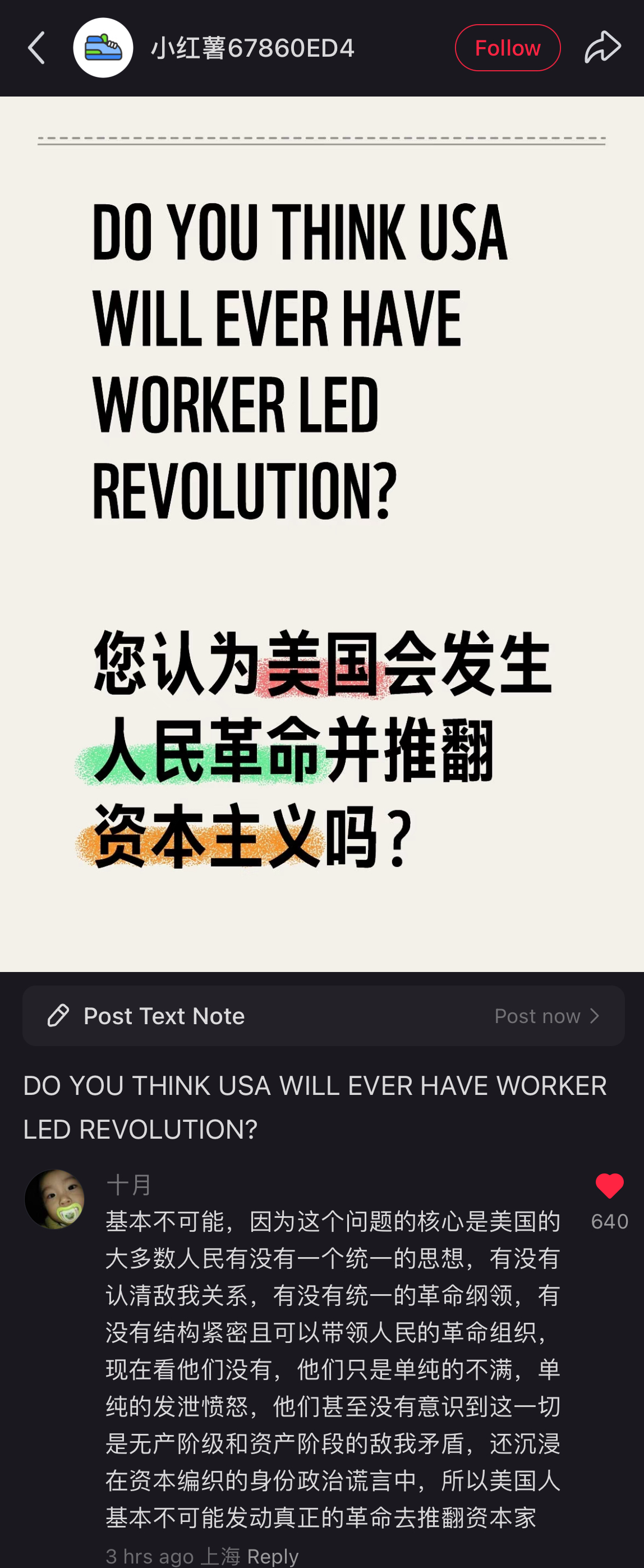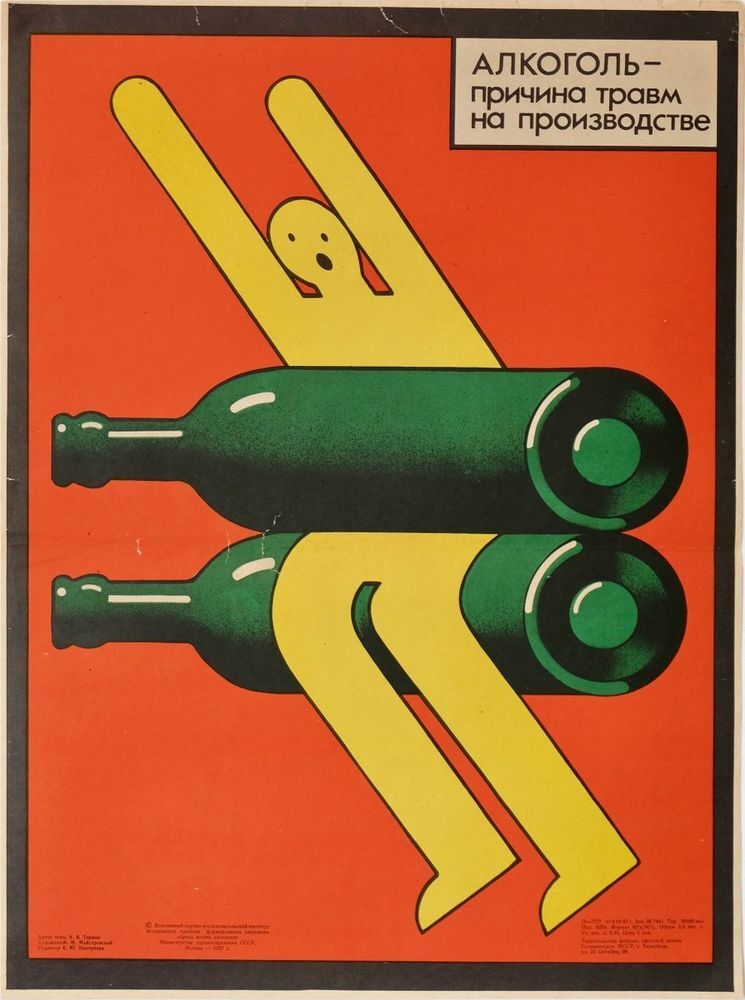In one of the many ironies of an autocratic Chinese state built on an official ideology of communism but funded by unbridled capitalism, Xiaohongshu shares the same name as the book of Mao Zedong’s writings that became a symbol of the Cultural Revolution in the 1960s and 70s.
The “red” of that title referred to leftist ideology, but the modern-day “red” is a reference to hot fashions and trends. Perhaps the only things the two red books share are their wild popularity at home and fears about their impact beyond China’s border.
Young social media users said they rarely see overt Chinese propaganda, and that occasional clumsy attempts to promote their neighbour at Taiwan’s expense are more likely to make them laugh than change their politics. “You just have to be aware, and it will be OK [using Chinese apps],” said Lo, the student artist who mostly uses two obscure apps, Bilibili and Lofter.
“We saw one Taiwanese celebrity interviewed on Chinese state media, saying: ‘The seafood in China is so good – we don’t have that in Taiwan.’ We just thought it was funny,” she added. Taiwan, surrounded by rich fishing grounds, is famous for its cuisine, including seafood.
Politicians and experts say this kind of heavy-handed messaging is not their main concern. They fear content on the apps carries subtle messages about language and culture which attempt to deny or even erase the existence of a Taiwanese national and cultural identity.
“The Chinese Communist party wants Taiwanese people to love Chinese culture,” said Wang, the educator. “They hope that by convincing the students or young people to agree on the culture, it can help them agree on Chinese politics and government … maybe convince the Taiwanese students that we are all Chinese.”
‘Into brain and the heart’: how China is using apps to woo Taiwan’s teenagers
Lifestyle and shopping apps are the latest weapons in Beijing’s information war against its neighbour
Emma Graham-Harrison and Chi-hui Lin in Taichung
Sun 13 Aug 2023 10.00 CEST
Ariel Lo spends a couple of hours most weeks sharing anime art and memes on Chinese apps, often chatting with friends in China in a Mandarin slightly different from the one she uses at home in Taiwan.
“People use English on Instagram, and for Chinese apps they use Chinese phrases. If I am talking to friends in China, I would use them,” Lo said as she picked up a bubble tea at a street market in central Taichung city.
The 18-year-old Earth sciences student, who creates art in her spare time, is part of a generation whose online life is increasingly influenced by content from China. That is worrying politicians and experts who fear young Taiwanese drawn to shop and entertain themselves on apps ultimately controlled by Beijing may be getting more than style tips, and sharing more than memes.
Social media companies can harvest valuable data and shape perspectives through the algorithms that control what posts viewers see. The FBI last year warned that TikTok and its Chinese counterpart, Douyin. were a threat to national security.
In Taiwan, those worries are particularly acute. China has made clear that it wants to take control of Taiwan, by force if necessary; and the two share a common language. That makes Chinese apps, music and drama particularly attractive and accessible to the Taiwanese and Taiwanese users a particularly important audience for Beijing.
“The similarities in language make the risk higher,” said Josh Wang of the Taiwan Pang-phuann Association of Education, which is building an education programme to make Taiwanese students more aware of online risks and how to protect themselves. “Students in Taiwan don’t necessarily care much about politics, so when it comes to finding entertainment, it’s convenient and easy to [use Chinese apps].”
He sees the influence of those shows, songs and memes spreading in Taiwan in the way that young people speak. Lo may restrict her use of phrases from China to chats on the apps, but others are sounding more like teenagers across the Taiwan Strait. “For example, my own students start using language in daily life like niubi [a popular Chinese slang word equating to ‘super cool’],” said Wang.
The two Chinese apps that are most popular in Taiwan are Douyin – the Chinese version of TikTok, run by the same parent company, ByteDance – and Xiaohongshu, or “little red book”, a lifestyle and social shopping site dubbed the “Chinese Instagram”.
In December last year, the Taiwanese government barred public sector employees from using TikTok and Xiaohongshu on official phones and other devices.
“Taiwan is the frontline of China’s information war,” said Chui Chih-Wei, a lawmaker from Taiwan’s ruling Democratic Progressive party, who wants to see the government ban matched by the private sector to protect Taiwan’s economy.
“It is impossible to ban these apps entirely as we are a democratic country, but today we already see the first small success. Now we should encourage big companies in Taiwan to ban it – ones linked to national security, to energy,” he said. “It takes time to get big firms behind something like this.”
Cultural influence is a relatively new concern for Taiwan. Decades ago, it was a style and culture beacon for China as the country struggled out of Maoist drabness and conformity, looking to icons like the Taiwanese singer Teresa Teng and the director Ang Lee. Now, older Taiwanese watch Chinese historical dramas and soap operas, and the younger generation is hooked on apps.
The Taiwanese government is worried about teenagers using TikTok and its Chinese version, Douyin. Photograph: Social Media
Scarlett Ling is a firm supporter of Taiwanese independence, and a heavy user of Douyin. “I am so bored, I use it every day for over two hours,” the 16-year-old admitted as she browsed a market in central Taichung city with a friend.
She worries about her data being siphoned off to servers controlled by Beijing, and refuses requests for her ID number. But the Chinese app has “better filters”, and she insists she steers clear of politics anyway. “I am just using it for lifestyle inspiration ... I certainly can’t be influenced [about politics].”
Rochelle Hsieh, a 21-year-old business logistics student snapping pictures of possible outfits in a Taipei clothes shop, said she gets much of her inspiration from Xiaohongshu, and spends two or three hours a day on there and Instagram.
In one of the many ironies of an autocratic Chinese state built on an official ideology of communism but funded by unbridled capitalism, Xiaohongshu shares the same name as the book of Mao Zedong’s writings that became a symbol of the Cultural Revolution in the 1960s and 70s.
The “red” of that title referred to leftist ideology, but the modern-day “red” is a reference to hot fashions and trends. Perhaps the only things the two red books share are their wild popularity at home and fears about their impact beyond China’s border.
Young social media users said they rarely see overt Chinese propaganda, and that occasional clumsy attempts to promote their neighbour at Taiwan’s expense are more likely to make them laugh than change their politics. “You just have to be aware, and it will be OK [using Chinese apps],” said Lo, the student artist who mostly uses two obscure apps, Bilibili and Lofter.
“We saw one Taiwanese celebrity interviewed on Chinese state media, saying: ‘The seafood in China is so good – we don’t have that in Taiwan.’ We just thought it was funny,” she added. Taiwan, surrounded by rich fishing grounds, is famous for its cuisine, including seafood.
Politicians and experts say this kind of heavy-handed messaging is not their main concern. They fear content on the apps carries subtle messages about language and culture which attempt to deny or even erase the existence of a Taiwanese national and cultural identity.
“The Chinese Communist party wants Taiwanese people to love Chinese culture,” said Wang, the educator. “They hope that by convincing the students or young people to agree on the culture, it can help them agree on Chinese politics and government … maybe convince the Taiwanese students that we are all Chinese.”
Beijing has described its propaganda strategy for Taiwan as “into the island, into the household, into the brain, into the heart”, an approach that clearly aims to exploit popular culture, sociologist Wang Horng-Luen wrote in a recent article about China’s soft-power influence.
Thinking that China is the root of culture will loosen the foundation of Taiwan’s sense of community
Wang Horng-Luen
A professor at the sociology department of the National Taiwan University, he said that Chinese content can reinforce colonial narratives that erase or minimise Taiwanese identity and culture. “Thinking that China is the root of culture ... will indeed loosen the foundation of Taiwan’s sense of community,” he wrote. It may also lead to “blind worship and dependence on China”.
Students spend on average five hours a day online, outside of class, and more than two-thirds say they get most of their news and information from the internet, Wang’s team working on social media education found. Media literacy classes are compulsory, but schools have not kept pace with student lives. Nearly nine out of 10 students think they have seen false information online, but two-thirds never or rarely used fact checking.
“The education system requires media literacy classes, but teachers have no idea how to teach it,” Wang said. “They teach how to read a newspaper with a critical perspective. But the students don’t read newspapers.”













